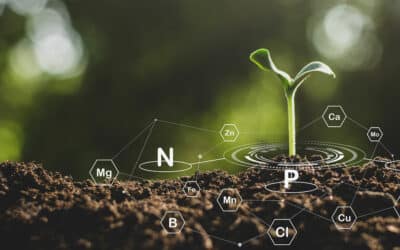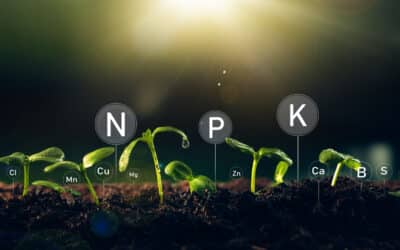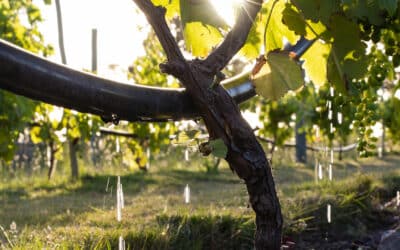The smart choice for professional growers
One of the most important components for improving soil fertility and farm productivity is organic matter or organic carbon
Organic matter improves soil structure as well as water and fertiliser efficiency, ultimately leading to healthier plant growth and increased profits.
Most Australian soils contain less than 1% organic matter. Soils with low levels of organic matter have poor physical structure and struggle to hold water and nutrients.
With recent state of the art innovations and investments in our production processes, we can now produce a top quality compost, high in organic matter especially for agricultural soils, for an even better price. This product is especially formulated for commercial growers in South Australia and the Sunraysia region.
Jeffries Organic Compost has been tailored for growers of (including but not limited to):
- Vines – wine or table grapes
- Broadacre crops – potatoes, carrots, onions, broccoli, lettuce
- Glass houses – tomatoes, capsicums, cucumbers
- Orchards – apples, pears, citrus, stone fruit
- Flowers
Jeffries Organic Compost
Jeffries Organic Compost is made from composted organic material that has been through a controlled process of natural aerobic decomposition. Sources include green material such as leaves, grass clippings, branches and food scraps. The rigorous composting process ensures that it is free of weed seeds and pathogens.
Key benefits
- Increases organic carbon in the soil, vital for soil fertility
- Improves soil structure
- Improves aeration, promoting better root establishment and plant growth
- Improves water infiltration
- Improves soil drainage
- Improves moisture retention/water holding capacity
- Increases nutrient uptake by plant roots
- Provides microorganisms to inoculate the soil
- Improves plant resilience against disease and during extreme conditions
- Helps keep soil temperatures more constant – cooler in summer and warmer at night
- Makes clay soil more workable and easier to dig
- Makes clay soil more friable and less prone to bogginess
Additional reported benefits include
- Easier tillage with reduced diesel use
- More even maturation of crops, requiring fewer harvest passes leading to labour and fuel savings
- Reducing wind erosion
- Improved water quality from runoff
- Reduced irrigation requirements therefore reducing costs
- Reduced need for fertilisers and pesticides
- Reduces cost of watering
- Helps produce an even yield and crop
- Helps soils resist droughts more effectively
- Improves fertiliser efficiency by helping to prevent leaching away from the root zone
- Improves sugar content of fruits and vegetables
- Increases seed germination rates
- Produces stronger, faster growing seedlings
- Speeds up plant recovery after mowing or damage
- Helps to balance soil pH
Contact Christian Leonardi on 0420 806 620 or [email protected] for more information or a sample, or contact a distributor near you.




